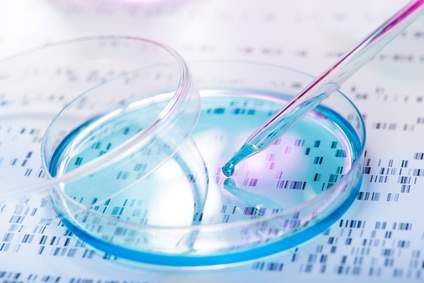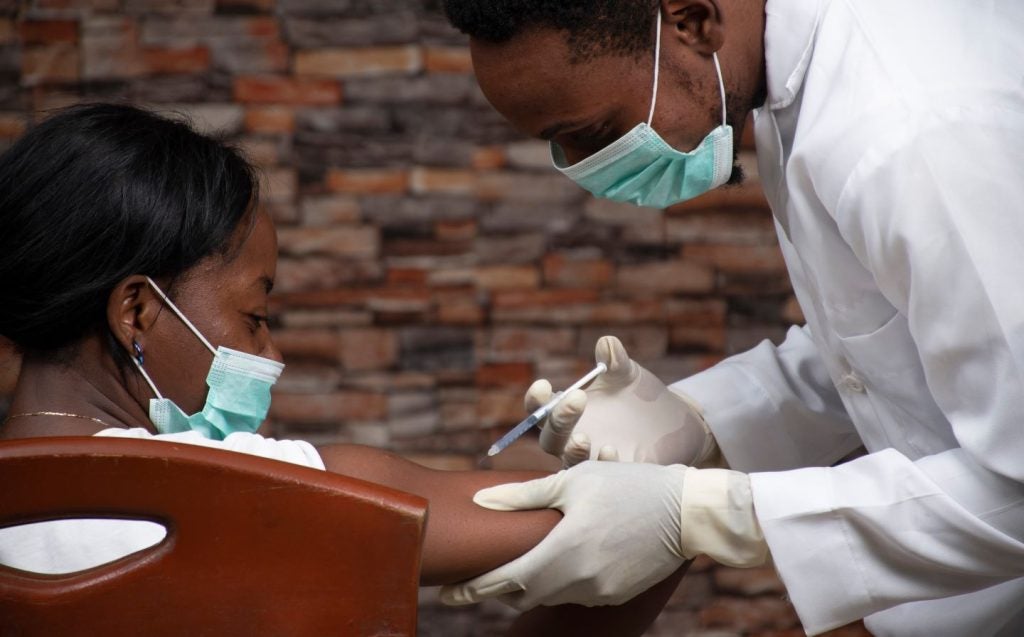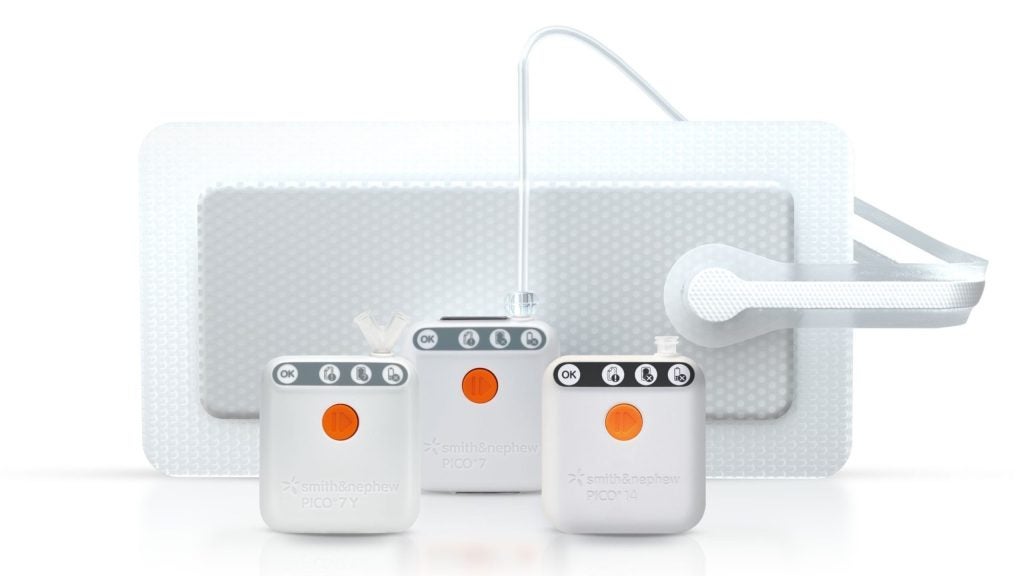
UK Biobank has announced its initiative to sequence the full genomes of 50,000 volunteer participants, marking the first step in plans to sequence the genomes of 500,000 individuals.
The project will take place over 2018 and 2019 and will be conducted by the Wellcome Sanger Institute in Cambridge, with funding from the Medical Research Council (MRC), which has contributed a £30 million grant.
“The UK Life Sciences Strategy includes a plan to sequence at whole genome level all 500,000 individuals in UK Biobank,” University of Oxford professor of medicine Sir John Bell said. “There is enormous global interest in this vanguard project. This program should provide a new global standard for human genome sequencing and will greatly improve our ability to define and treat disease.”
It is hoped that the large-scale sequencing will help to create the most detailed whole genome database in the world. Such a portfolio would simplify and accelerate research into a range of diseases that cause disability and premature death.
“This development is transforming in many ways,” UK Biobank principal investigator Sir Rory Collins said.
“It massively extends the sorts of questions that scientists can ask and the speed at which they will get results.
How well do you really know your competitors?
Access the most comprehensive Company Profiles on the market, powered by GlobalData. Save hours of research. Gain competitive edge.

Thank you!
Your download email will arrive shortly
Not ready to buy yet? Download a free sample
We are confident about the unique quality of our Company Profiles. However, we want you to make the most beneficial decision for your business, so we offer a free sample that you can download by submitting the below form
By GlobalData“I am extremely grateful to the MRC and Wellcome for having the long-term vision to fund this important resource and to our participants for having gone out of their way to join UK Biobank a decade or so ago. Their altruism is delivering new findings every day.”
Although sequencing the whole genome is more complex and expensive than exome sequencing or genotyping, it is crucial in gaining insight into how protein production is regulated and discovering ways to prevent and treat disease.
“The UK Biobank partnership is the MRC’s largest single commitment to understanding the contribution of genetics, environment and lifestyle in maintaining good health and complements our numerous in-depth research with people affected by specific diseases,” MRC head of molecular and cellular medicine Dr Nathan Richardson said.
“Across almost all areas of health – from bone and joint health to cancer, dementia and heart disease – this programme, supported by the Industrial Strategy Challenge Fund, will help us discover and develop more precise treatments, and in the longer term help us predict and prevent disease.”
UK Biobank released anonymised genotyping data in 2017 which, though giving an incomplete picture of the genome, has already sparked a flurry of research activity.
Since then, the further sequencing of 50,000 participants’ exomes has been funded by Regeneron in the US and GSK in the UK, with the first data to be made available to all registered UK Biobank researchers by the end of 2018.
Regeneron and a consortium of seven other companies are currently funding exome sequencing of the other 450,000 participants. This work is due to be completed by the end of 2019.
UK Biobank is made up of health information provided by participants between 2006 and 2010, detailing their blood pressure, height, weight as well as samples of their blood and urine. Volunteers also provided information on their mental health, cognitive function and diet, with 100,000 wearing activity monitors for a week.
The information is now being used around the world by more than 6,500 scientists, with almost 400 peer-reviewed papers published using the resource.







